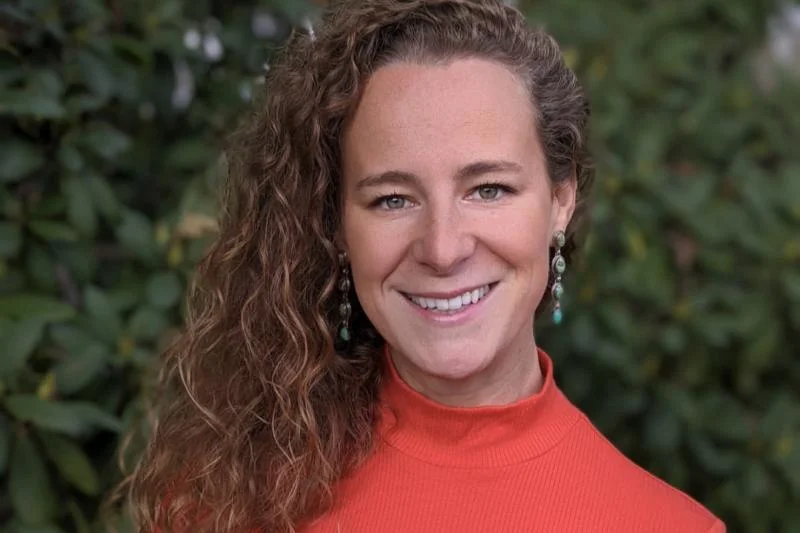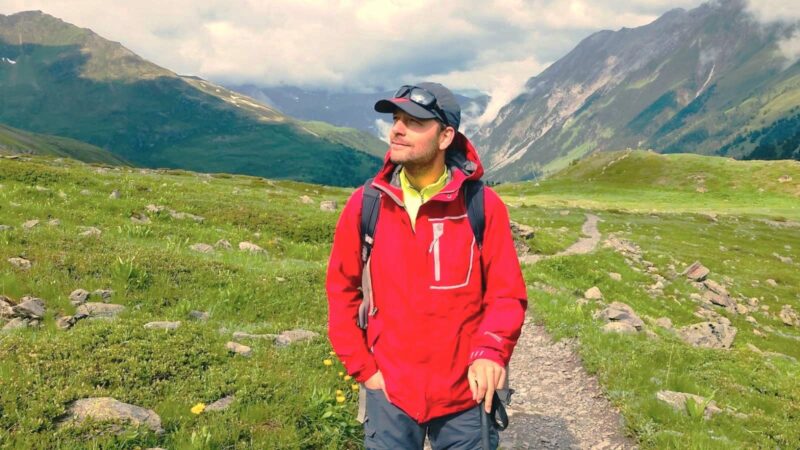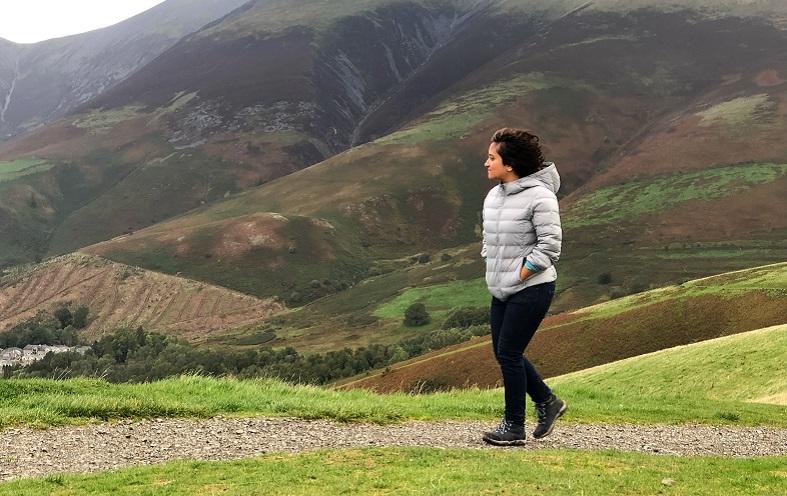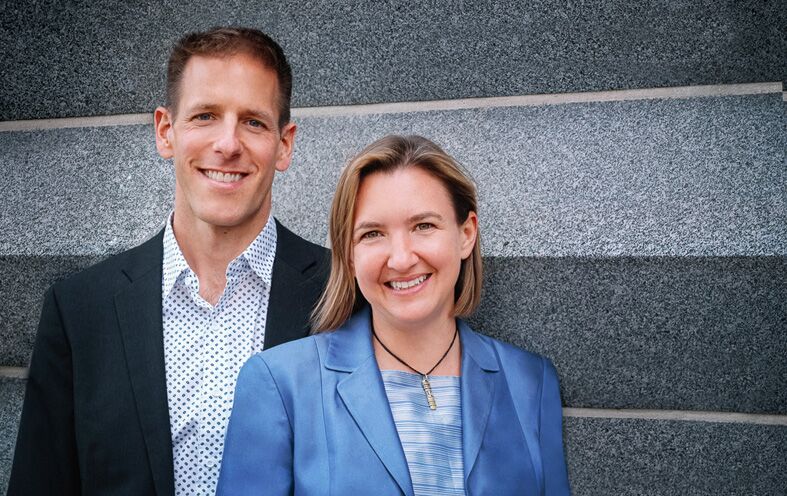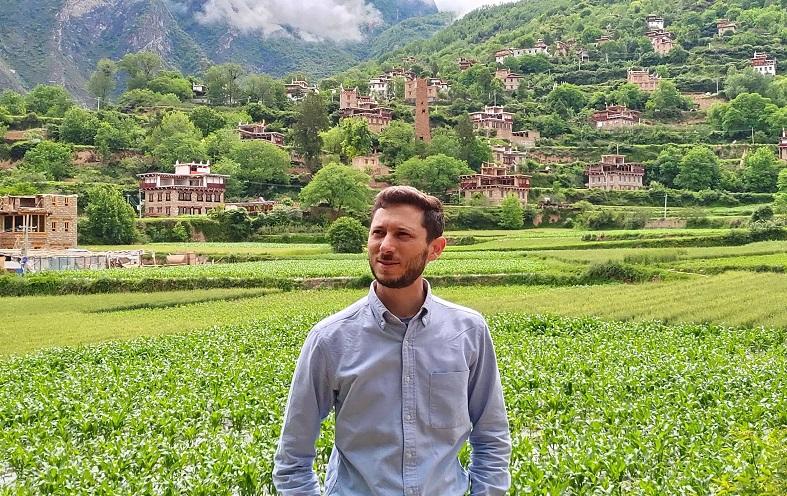In an industry dominated by international players, how can local businesses at a destination compete to enjoy tourism revenue? How can policy-makers ensure a level playing field for opportunities and equitable distribution of financial benefits among all the participants offering travel and hospitality services?
In this interview, Antje Monshausen, Head of Tourism Watch at the German NGO Bread for the World, shares her thoughts on the innovative work that is being done to challenge the status quo and encourage sustainable, socially responsible and environmentally friendly tourism.
Antje, what inspired you to work with Tourism Watch, focusing on sustainability and the betterment of communities and destinations?
German author Hans-Magnus Enzensberger wrote in his theory of tourism: “The tourist destroys what he seeks by finding it.” This quote always challenged me, since I started to travel myself. The answer is more than just adding some sustainable practices to existing tourism. A radical shift in perspective is necessary.
Tourists should only be able to find what people living in destinations are willing to show. Participation and self-determination of local communities are key in any development which aims to benefit people.
This change of perspective, putting the communities at the centre, inspires me.
Tourism Watch is a tourism-critical civil society organization. We believe that another tourism is possible and urgently needed. Developing tourism is not a goal in itself. Instead, tourism must be an instrument that contributes to sustainable development. If tourism is not benefiting local people, for example by increasing their quality of life and environmental integrity, it is not worth it.
Tourism Watch is currently analyzing how booking platforms are changing tourism. How do they benefit small businesses and help us fight inequality in destinations of the Global South?
Digital travel and booking platforms are challenging and changing the way tourism is organized, with a severe impact on the entire supply chain. The main question we pursue in this context is whether this reduces or increases inequalities in the Global South.
Theoretically, the integration of local tourism businesses into digital booking platforms could democratize and balance the (global) economic power structures by making intermediaries between producers and clients obsolete.
Practically, the opposite is the case, because large national or international booking platforms are too often dominating the market, by determining the rules of access through opaque algorithms and imposing price models that are far too competitive for small, often family-run businesses. While the platforms maximize their profit, they outsource the risks to stakeholders along the supply chain.
On the other hand, we see that the possibilities to sell products directly are an important precondition for the economic empowerment of small businesses. Some of them make good experiences by selling their sustainable or community-based tourism experiences on specialized digital platforms.
But these platforms themselves compete with larger, often venture-capitalized and global platforms. In most cases, they are not able to attract a critical mass of tourists and tourism businesses, in order to build a counterweight and to foster sustainable tourism development in destinations.
Is digitalization only changing the product side?
The digitalization of tourism also changes how we travel: for a large number of tourists the smartphone is their most important travel equipment. Nearly all services – from international to local transport, from accommodation to excursions and catering – can be booked in advance or on the go – without talking to a single person.
All those providers who lack access to the booking platforms – for example because of language or technical barriers – face severe challenges and can lose their market access completely.
What do you expect from booking platforms?
Booking platforms are companies, just like all other companies. Therefore, according to the UN Guiding Principles on Business and Human Rights, they have a responsibility to respect human rights along their supply chain. This means that they have to make sure that they respect the right to decent work (e.g. concerning the working conditions of staff that are cleaning private apartments).
Employees and contracted self-employers need easy access to remedy, which is far from reality. For example, Uber drivers in South Africa would have to address their complaint to a Dutch Court, where the corporation is registered.
Booking platforms should stop using oppressive contracts forcing suppliers to offer the lowest price exclusively to one platform. Some countries do not allow such business practices – but we see that governments in many countries are still not well equipped to legally and administratively address the challenges that digital companies are causing (e.g. taxation of transnational digital companies).
Tourism Watch is part of civil society networks from the Global South and North. What are the most common challenges that come with such interactions? And how can they benefit from each other?
Tourism is perceived as a “white industry” which creates jobs, revenues, and economic development, with nearly no downsides. This narrative is very strong.
Many human rights defenders and civil society organizations that are protesting against specific tourism developments (such as the expansion of airports, large-scale resort developments) or consequences of tourism (such as water shortage or unmanaged waste) are facing criminalization by governments, or intimidation by powerful business stakeholders. Their protests are de-legitimized as being against any form of economic development.
Therefore, it is extremely important to create space for an exchange of civil society groups and to learn from experiences and develop joint strategies.
The issues that we observe as the most urgent from a civil society perspective are: pressure on land and violation of land rights, lack of participation in decision-making processes in the destinations, as well as concerns regarding severe violations of workers’ rights and sexual exploitation of children.
The “Transforming Tourism Initiative” observes worrying trends in tourism and demands bold counteraction by politicians and industry. How proactive have both been in promoting sustainable travel, e.g. in Germany?
We see that more and more tourism companies are addressing some issues around sustainability. Yet, this is often not systematic, but the result of public pressure or progress in legislation (think of the modern slavery act in the UK). More holistic approaches, like human rights impact assessments that include stakeholder consultations in destinations, are still uncommon.
On the public level, we see that local communities and civil society are not yet accepted as important stakeholders which must be consulted in advance of any tourism development. Politicians are declaring areas as special economic zones for tourism, often in closed meetings with investors, without any consultation of civil society stakeholders.
While the rhetoric of business stakeholders and politicians on sustainability and human rights is getting stronger, we see worrying counter-developments, for example with the UNWTO convention on tourism ethics, which lacks an obligatory complaint mechanism.
Can you share examples of DMOs that planned strategies with local stakeholders in decision-making, with a real, positive impact on the destination?
We see some DMOs – for example in Peru, Ecuador or Uganda – that have integrated sustainability into their tourism development strategies and are undergoing the TourCert sustainability certification for destinations. This includes local consultations. However, those destinations are still a minority.
Even though many destinations suffer from overtourism, the central indicator of success for most DMOs is still the number of visitor arrivals and their spend, and not the well-being of the destination’s inhabitants.
What measures should destinations take with respect to sustainability, in the wake of the climate crisis?
In the context of climate change and tourism, flight mobility is still the most concerning issue. Even though aviation is the most climate-damaging form of transportation, the number of flights is growing severely. Every avoided flight is an active contribution against global warming.
Destinations can do a lot to reduce their own air-dependency by focusing on land-based mobility. Additionally, they should try to increase the length of stay of their guests through innovative product developments that include the hinterlands of the destinations.
A tourist visiting Barcelona by train, staying for two weeks instead of just one weekend, not only produces less carbon dioxide but also more revenues in the region, and more chances for interaction with local people on eye level.
Thank you, Antje.
Follow Antje’s work on sustainable development through tourism on Tourism Watch and Transforming Tourism.
Enjoyed our interview with Antje Monshausen on ways to reduce inequalities through local participation in tourism planning? Thanks for sharing!


